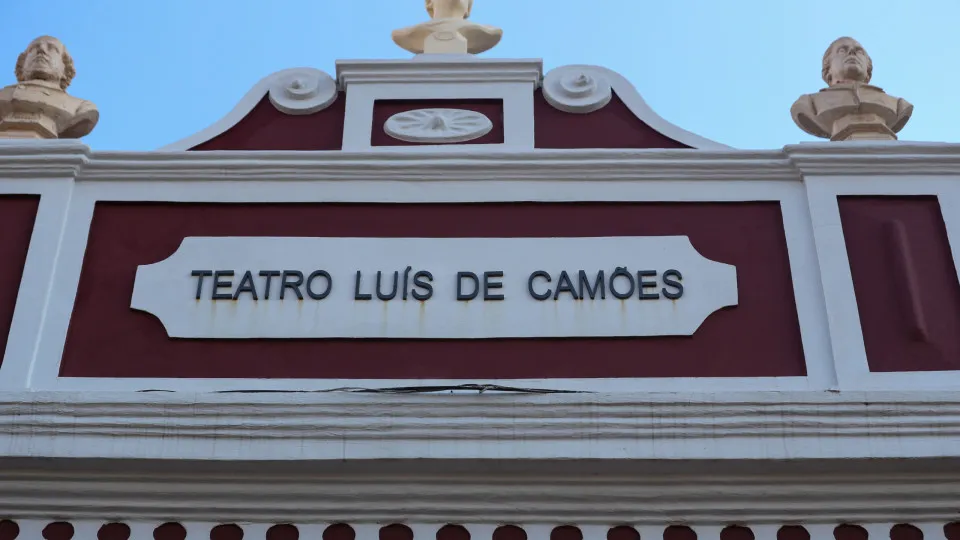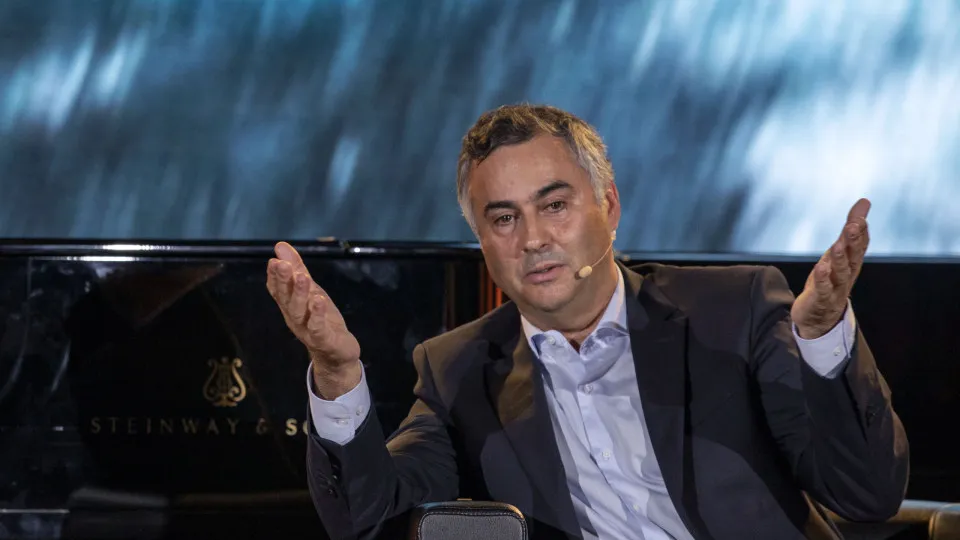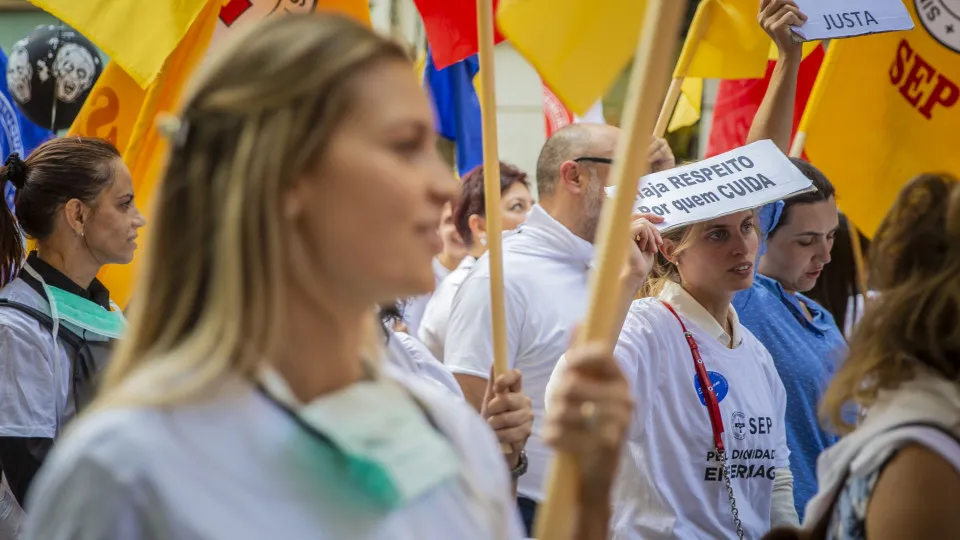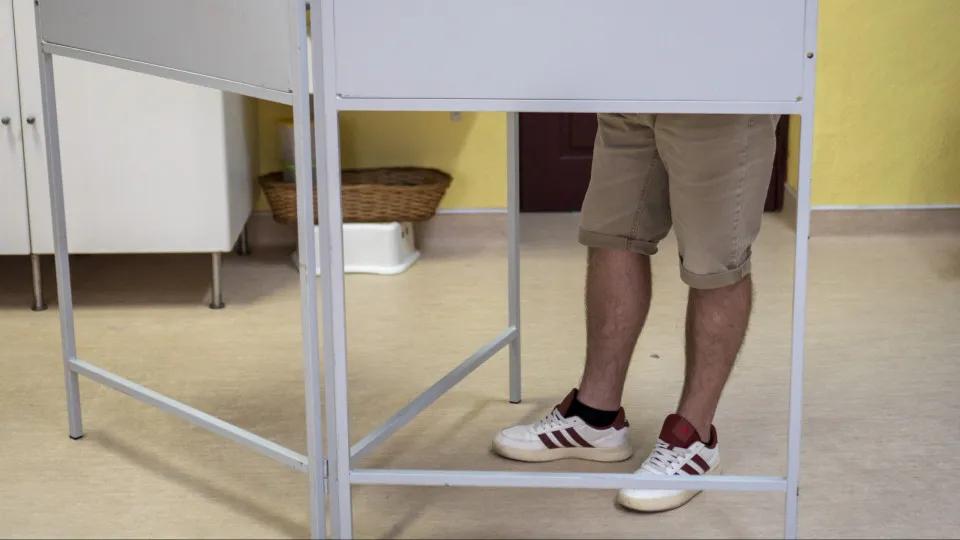
The show aims to offer children a perspective on what happens in their parents’ lives when they are not visible to them, explained André Amálio in a statement.
He elaborated, “When parents drop their children off at school, what actually happens until they return to pick them up? Essentially, what do children imagine occurs during that time?”
Many children are unaware of their parents’ daily activities, just as parents might not grasp what their children think about their jobs. He provided a humorous example: “Do parents really go to an office, or are they enjoying a day at the park eating ice cream or riding bikes?”
The production titled “What do my parents do when they’re not with me?” delves into the significant milestone for parents and children: “The moment of separation, the first time [children] are left […] for preschool or their initial year of primary school.”
This situation often fills children with anxiety, as they venture into unfamiliar environments, spending considerable time away from those they know, Amálio emphasized.
Amálio mentioned that both he and Tereza Havlícková, the show’s co-creator and performer, reflect their own parental experiences. Their children often posed challenging questions about these matters, he noted.
Questions like “Why do I have to go to school? Why don’t you come with me to school? Why isn’t your job being with me? What is your work? What does it mean to work?” are common among children, and parents frequently struggle to answer them effectively.
The production explores whether children believe their parents engage in anything beyond work while with them. Do parents also have moments for pleasure, leisure, and personal enjoyment, possibly even for dating? This exploration was highlighted by a show spokesperson.
The storyline of “What do my parents do when they’re not with me?” embarks on a fantastical journey as imagined by children, picturing parents traveling to the moon and back in time to collect them from school.
Through the play, which depicts the hectic lives of today’s parents always in a rush, Amálio and Havlícková aim to help children understand their parents’ world and vice versa, fostering dialogue and understanding, Havlícková emphasized in her remarks.
In preparation, the artists collaborated for five months with two classes at José Cardoso Pires Basic School in Costa de Caparica, attended by their own children, to gain insight into other kids’ thoughts.
Amálio added more probing questions: “Why must we often work so hard? Why does our society compel us to spend minimal time with our children? Why do we accept this as a given?”
The production also questions the potential benefits if society prioritized families being more present together, contributing to greater happiness. This query was a key starting point for the creative process, Amálio noted.
“The entire play weaves together these themes,” Amálio summarized.
Havlícková described the show as very playful and multidisciplinary, featuring music, choreography, movement, projections, and set design.
With dramaturgy by Amálio and movement directed by Havlícková, who also perform, “What do my parents do when they’re not with me?” showcases costumes by Ana Paula Rocha and technical and lighting direction by Carlos Arroja. This is a joint production by Hotel Europa and Teatro Luís de Camões.
At LU.CA, school performances are scheduled for the 24th and 28th at 10:30 a.m., and on the 29th and 30th at 10:30 a.m. and 2:30 p.m.
Family sessions will be held on October 25th and 26th at 11:30 a.m. and 4:30 p.m.
On October 31st and November 1st, the production—intended for audiences aged six and up—will be staged at Coliseu Porto Ageas as part of the 6th edition program of “O Meu Primeiro FITEI – Festival Internacional de Teatro de Expressão Ibérica.”




